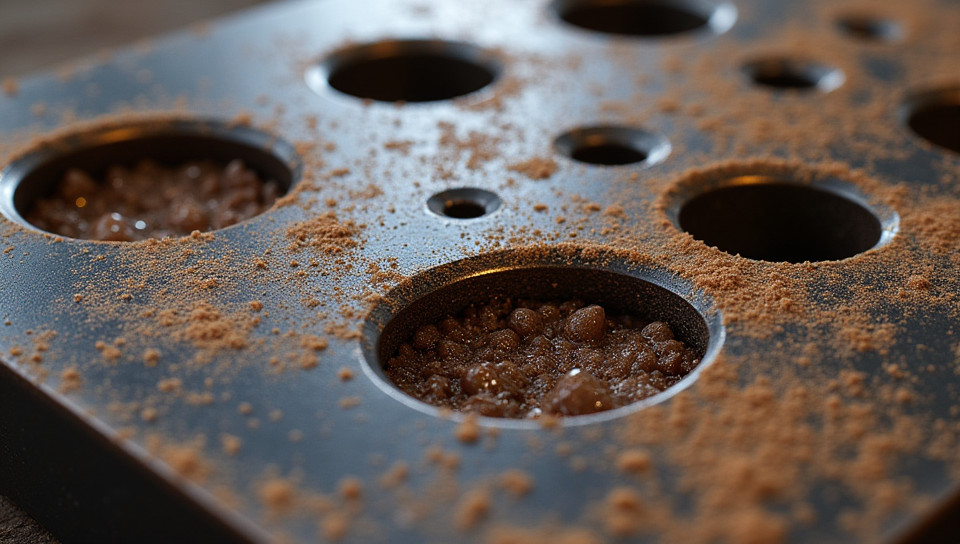Not all metals are suitable for anodizing treatments 83%

The Art of Anodizing: Not All Metals Are Created Equal
Anodizing is a widely used electrochemical process that enhances the surface of metals by creating a protective oxide layer, increasing their corrosion resistance and aesthetic appeal. However, beneath its widespread application lies a crucial aspect often overlooked in industrial processes: not all metals are suitable for anodizing treatments.
Choosing the Right Metal
To understand why some metals are more receptive to anodizing than others, it's essential to delve into the fundamental properties required for a metal to undergo successful anodization. This includes a high purity level, specific chemical composition, and crystal structure.
Key Requirements for Anodizable Metals
- Must be able to form an oxide layer through electrochemical reaction.
- Should have good electrical conductivity.
- Require high purity levels to prevent contamination affecting the quality of the anodized surface.
- Possess the necessary thermal stability during the heating process that is part of the anodizing cycle.
Commonly Anodizable Metals
Metals like aluminum and titanium are among the most common candidates for anodizing due to their ability to form a strong, stable oxide layer. Aluminum's high reactivity makes it particularly well-suited for this treatment, while titanium's stability under various conditions also makes it an ideal candidate.
Exceptions: Metals That Don't Anodize Well
On the other hand, metals like copper and silver are not typically anodized due to their low reactivity with oxygen. This results in either no oxide layer formation or one that is not stable enough for industrial applications. Similarly, stainless steel, despite its corrosion resistance, poses challenges for anodizing due to its mixed composition.
Conclusions
In conclusion, while anodizing offers numerous benefits for enhancing the properties of metals, it's a process limited by the suitability of the metal itself. Understanding which metals are amenable to this treatment is crucial in industrial applications where the quality and durability of materials are paramount. By choosing the right metals for anodizing, manufacturers can unlock improved performance, appearance, and lifespan for their products.
- Created by: Benicio Ibáñez
- Created at: Dec. 25, 2024, 11:32 a.m.
- ID: 17083

